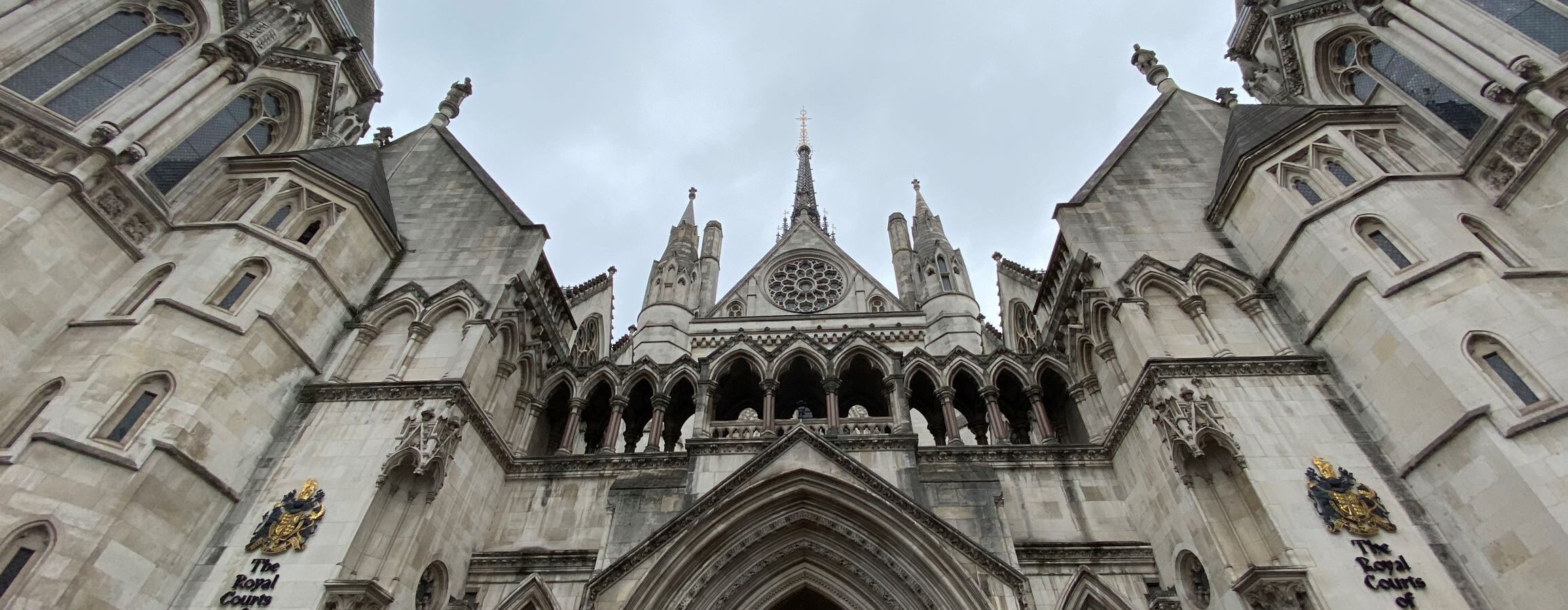Specialist Child Advocates can make a difference
Specialist child advocates can make a difference to unnecessary remands
Failing system
In December 2018, the charity, Transform Justice, published a damning report titled, ‘Path of little resistance: is pre-trial detention of children really a last resort?’ The report addresses the alarming increase of children on remand and makes 17 recommendations for improvement by professional adults dealing with children in the criminal justice system.
The ICCA recommends that: All advocates, whether prosecuting or representing children who are facing a consideration of bail need to fully understand the legal framework which governs this area of practice and be equipped to make informed, careful and mindful decisions which would lead to better outcomes for the majority of remanded children and young people.
The UK has signed up to the principle that children should only be detained as a last resort (UNCRC Article 37). In 2012, we introduced legislation (The LASPO Act) which was designed to reduce the number of children remanded to custody. Among other things, the Act set out:
- more stringent criteria for the use of custodial remand (officially remand to youth detention accommodation)
- the elimination of an anomaly whereby sixteen and seventeen-year olds were treated differently to other children
- the delegation of remand budgets to local authorities
There was some improvement initially but, since 2016, the picture has become more disturbing. A quarter of the entire the prison population is now made up of children and young people compared to one-fifth in 2012. In June 2018, 30% of children in custody were on remand; the highest monthly figure for a decade. Clearly, something is not working.
Perhaps what is most alarming about the Transform Justice report’s findings is that ‘two thirds of children who are remanded into custody do not go on to receive a prison sentence (29% are acquitted and 36% receive a non-custodial sentence) and 180 children were remanded to custody for 7 days or less in the course of a single year’. These findings illustrate a system which is failing and which is in direct contravention of children’s rights.
To make matters much worse, the proportion of BAME children among that increased number of children on remand is 54%. This figure is higher than the proportion of BAME children who are arrested by police – 23%, higher than the number of BAME children in custody following sentence – 45% and significantly higher than the general 10 -17 population – 18%.
What can prosecutors do better?
Where there is a recommendation by police to refuse bail, this should always be carefully considered by a specialist youth prosecutor. In practice, the Transform Justice report finds that this does not always happen and prosecutors do not always fully understand the bail and remand framework for children and young people which is different to that for adults. The ICCA have produced guidance on this area of practice.
The ICCA highlighted in October 2018 a new CPS Code:
Under the new Code, prosecutors were reminded of their obligations under the UN 1989 Convention on the Rights of the Child and the aim of the youth justice system to prevent offending. With this in mind, prosecutors must consider maturity as well as chronological age.
The new Code for Prosecutors reinforces the principle that, the younger the suspect, the less likely a prosecution is appropriate. The Code points out that there will still be circumstances, notwithstanding age or maturity, where the public interest requires a prosecution including where the offence is serious; where the suspect has a bad record of offending and there are no suitable alternatives to prosecution and where an out of court disposal is not available.
There is still too little understanding of the defence under the Modern Slavery Act 2015 available to exploited children. It should not be a question of ‘charge first’ and look at whether there has been exploitation later. The ICCA has produced guidance on child trafficking and has interviewed an expert from ECPAT.
Child Defence Advocates
Too many applications for remand of a child go unopposed. Sometimes, this is due to the fact that there has not been time to arrange a bail package. This should not be met with a child’s advocate conceding that remand is the only option. Advocates should argue for an adjournment or that the refusal of bail criteria has not been met.
Too often a defence advocate will regard the option of making a second bail application as a waste of time unless there is a change to bail package information. Again, this should not be the default position; every child is entitled to bail, a right which continues up to sentencing. Advocates are encouraged to work closely with the YOT’s to come up with the most persuasive bail package.
The Transform Justice Report recommends that ‘the training and development of defence and prosecution advocates should focus on improving their knowledge and skills, and their understanding of how to work best with YOTs. This should be supported by strong guidance on the remand criteria, what can and should be done to challenge refusal of bail and what the different responsibilities are’.
The following is a list of factors taken from the report that can conspire to deprive a child or young person of their right to bail:
- Too many children are still being detained by the police overnight, which results in them being taken before an adult court where they are less likely to be treated as children.
- Often a case will be presented in court before there has been a chance for any professional to prepare properly for the hearing. This means the court has no information and sometimes no bail package is offered. Too little regard is had to what happens to a child who, even for a short period, for reasons of time mismanagement and convenience, ends up in custody.
- There is too little understanding of the RLAA (remand to local authority accommodation) such that remands are made without RLAA being offered.
- Instead of the priority being the welfare of the child, it is more often the case that risk aversion dominates the decision to remand. It can rarely be in the interests of a child to spend a night in police cells, followed by a spell in custody with the prospect of being moved to live some distance from home and community until their trial takes place. It is clear that there is little correlation between the number of children remanded and those who end up being given a custodial sentence. This suggests strongly that the criteria are not carefully considered.
- Advocates must not simply accept the default position that children’s’ services are over-stretched. Short remands can be tremendously damaging.
Advocates are urged to read the recommendations in the Transform Justice report. The CBA’s Monday message from 8th January 2019 sets out that the CBA has a working group looking at ways of progressing the issues of serious concern raised by the Lammy Review. The message refers to the new Transform Justice report and highlights how current arrangements can cause serious damage to young lives.


